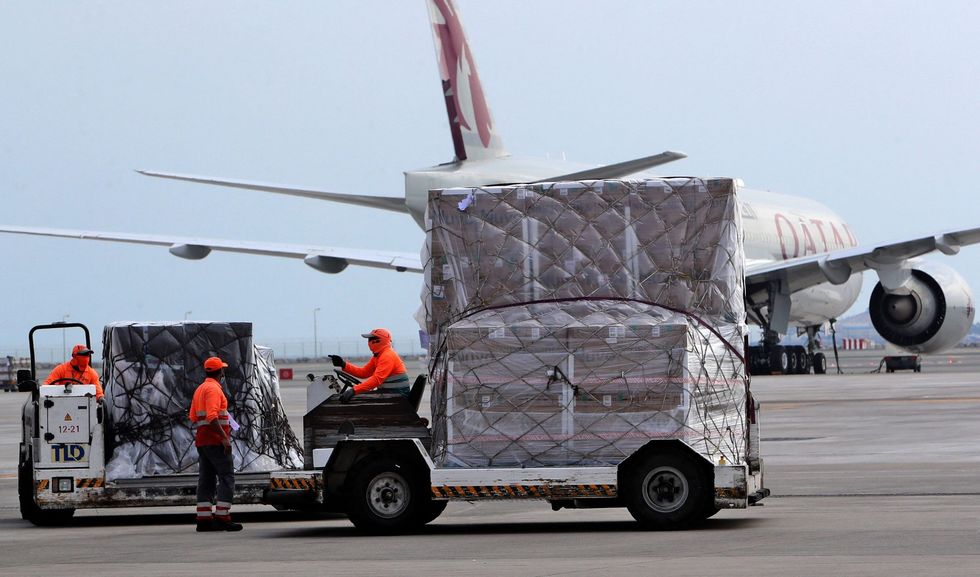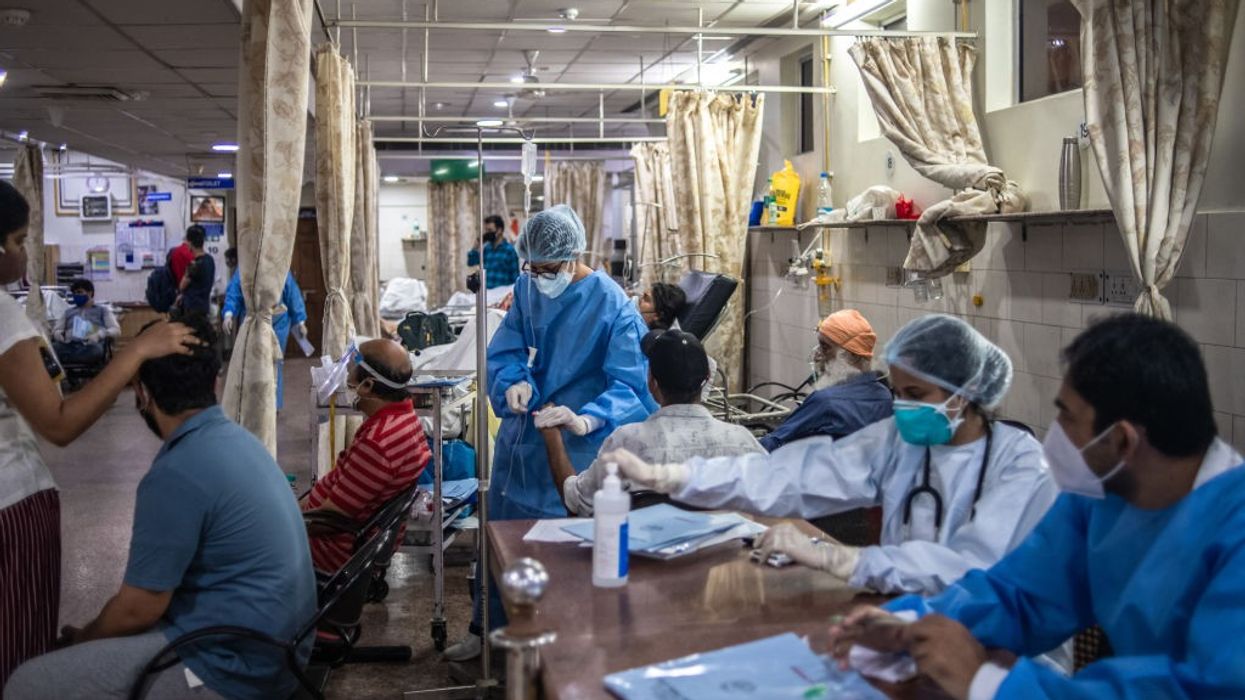By Pooja Shrivastava
As Covid-19 numbers in India reached unimaginable highs in the last week of April, countries and organizations around the world scrambled to provide aid. Planeloads of ventilators, medicine and oxygen equipment landed in the capital of the country last week but the relief appears to yet to reach the ailing.
By May 2, Sunday, India had reportedly received some 300 tonnes of supplies on 25 flights. However, the cargo was reportedly lying in the hangar of Delhi International Airport for a long time as unnecessary bureaucracy, human error, and time-consuming protocol appeared to delay the disbursal while hospitals continued to plead for provisions.
Logistical Nightmare
It came to light that the government of India did not have protocols in place before receiving the aid, and had to quickly come together with guidelines on allocation and coordination.
Once the shipment landed in India, its distribution turned out to be a huge problem. Aid is usually received here by the Indian Red Cross Society, which is responsible for taking it through customs, according to the government's statement. The shipments are then handed over to another agency, HLL Lifecare, which handles the goods and subsequently transports them across the country.
Since supplies are arriving in various forms, authorities have to "unpack [and] repack" them before they can be dispatched, further slowing the process.
“In many cases, the items received are not as per the list, or the quantities differ, which needs reconciling at the airport,” the government said.
Only when the paperwork is updated with the correct details, authorities can move forward with the distribution.
What Is Happening Now?
The Indian government has strongly denied there is a delay, issuing a statement on Tuesday evening, saying it had introduced a "streamlined and systematic mechanism" for distributing the supplies. Nearly 4 million donated items, spanning 24 categories, have already been distributed to 38 health care facilities across the country, the Health Ministry said in a statement.
Despite the logistical challenges, the Indian government says it is "working 24x7" to send supplies to strained areas.

Punjab is reported to have received 100 oxygen concentrators and 2,500 doses of the life-saving drug Remdesivir. The air force airlifted the "first batch" of 450 oxygen cylinders from the UK to Chennai (Madras) in southern Tamil Nadu state on Tuesday.
However, the lack of information regarding the supplies continues to prevail in the country. Some healthcare officials claim there has been little to no communication from the central government on how or when they would receive supplies.
"There's still no information about where it is being distributed," BBC quoted Dr. Harsh Mahajan, the president of the Healthcare Federation of India, as saying. "It seems people don't know - I've tried two or three places and been unable to find out.”
This alleged lack of clarity about the relief distribution effort is raising questions, even in foreign donor countries. On Friday, during a US state department briefing, a reporter demanded "accountability for the US taxpayers' money" being sent to India. He also asked if the US government was tracking the aid's whereabouts.
The BBC UK also asked the UK's Foreign, Commonwealth, and Development Office if it had any knowledge of where the country's aid, including its shipments of more than 1,000 ventilators, had been distributed.




